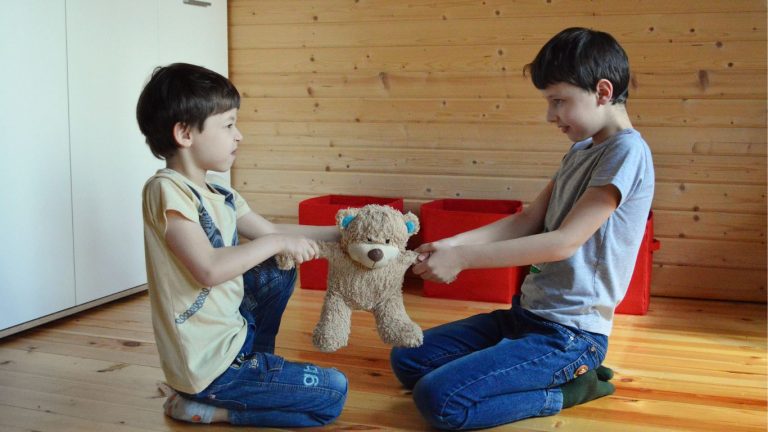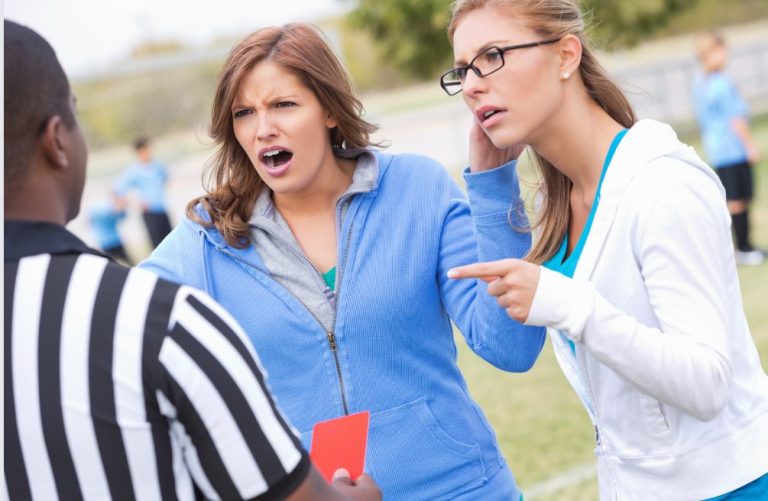‘Sport’, says Spencer Willis, in his recent study for SPARC (now Sport NZ) ‘should not be viewed as an activity that is only about winning’.
Sport should also be about:
- Socialising – allowing kids to find new friends and team mates. Being with their group of friends who also play the same sport. Other friends can come along to cheer them on
- Gaining physical confidence, and improved fitness levels
- Disciplining yourself to get to games and practices
- Learning how to win as well as how to cope with losing
- Learning how to take a risk in a safe and structured environment
- Working in a group – being part of a team and interacting with others is important for personal social development and increasing social abilities. You meet new people but you’re not on your own, you’re part of a team
- Learning about yourself – where you fit, what your own abilities and limitations are
- Having a positive relationship with a coach who gives you something to push yourself for, but who is also encouraging and supportive.
Kids, he concluded, should be given lots of chances to play in an environment where it doesn’t matter if they are an expert or not.
Many kids drop out of sport at secondary school
The Spencer Willis study (as above) of 14 – 17 year olds found that 70% of kids who participate in sport, drop out between the ages 13 and 17. 50% didn’t participate in any sport at all.
Why?
- Their friends aren’t playing anymore
- They feel they are harassed or laughed at for not being good enough
- It’s too hard or too competitive. Only the really good players carry on with it
- It takes too much time, they have after school jobs or they would rather be shopping or going to parties
- They hate the uniform – it makes them look too fat/thin/uncool
- Other interests take over.
If sport makes teenagers feel pressured, threatened, alone or lacking in confidence, then they don’t want to have anything to do with it. So what do they do with their time? The study also showed that the main out-of-school activities undertaken by at least 50% of the respondents in the space of a week were:
- 5+ hours downloading and listening to music
- 5+ hours being with friends
- 5+ hours part time work
- 5+ hours using the internet
- 3+ hours doing homework
- 3+ hours family time
- 2+ playing computer games.
Sport is also becoming an increasingly expensive activity which precludes many students from participation. The New Zealand Secondary School Sports Council has sanctioned fifty four sports.
Why has sport become so expensive?
- Schools must pay for events and competitions run at a regional level and they in turn levy the parents
- Individual sporting bodies also levy the schools for competitions
- Schools may have to pay coaches
- Players need equipment, uniforms, mouthguards, socks etc
- Travel and accommodation costs to participate in competitions.
What Can Parents Do ?
A study published in the International Journal of Behavioural Nutrition and Physical Activity 2007 4:3 showed that the most important factors in promoting sport and physical activity in teenagers, were:
- Family cohesion
- Parent child communication and
- Parental engagement.
In other words, if your family works together to help each other, if you have reasonable chats with your teenager and if you are prepared to become involved, then your teenager will have a better chance of playing and enjoying sport.
This post is adapted from the book What you need to know before your child starts Secondary School by Debbie Knowles and Julie Mulcahy.





